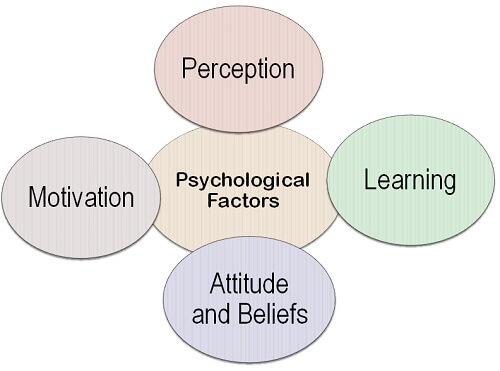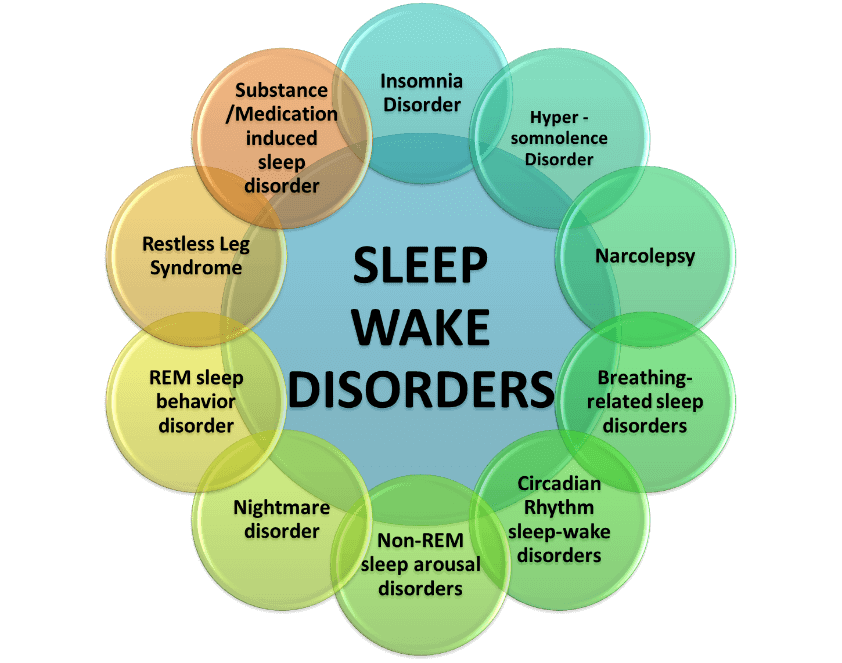Q. What is insomnia ?
A. The word insomnia comes from the Latin words in (no) and somnus (sleep). It literally means ‘no sleep’ or inability to sleep. Insomnia is an experience of inadequate or poor quality of sleep, usually seen with one or more of the following complaints:
-
Difficulty falling sleep
-
Difficulty staying asleep
-
Walking up too early in the morning or
-
Having sleep that is non-refreshing
Q What is sleep apnea?
A. Sleep apnea means pause in breathing it is characterized by episodes of decreased air flow or complete lack of air flow during sleep. They can increase the risk of metabolic & cardio vascular diseases.
Q What Causes Insomnia?
A. Insomnia is a symptom of another problem much like a fever or a stomach ache.
It may be caused by a number of factors.
Lifestyle:
-
Stimulants: caffeine keeps people awake as it stays in blood for 6 hours.
-
Work hours: if you are a shift worker you are more likely to experience sleep problems.
-
Poor habits: working till late on internet may also disrupt your sleep. Watching TV just before sleep, horror movies can also interfere with sound sleep.
Psychological factors:
-
Tendency to insomnia: some people are more likely to develop insomnia during times of stress.
-
Persistent stress: relationship problems, a child with serious illness or an unrewarding job may contribute to sleep problems.
Phsycho Physiological (learned) insomnia:
-
Constant worry about sleep, trying very hard to sleep makes it worse.
Environmental factors:
-
Light: light can disrupt your sleep. Use shades or to keep the bedroom dark.
Psychiatric illness:
-
Patients suffering from depression and anxiety also report poor sleep.
Primary sleep disorders:
-
Sleep related breathing disorders: People with snoring and choking in sleep (Obstructive Sleep Apnea) wake you frequently at night.
-
Periodic limb movements: These are brief muscle contractions which may cause leg jerks that last a second or two. This result in brief interruption of sleep.


